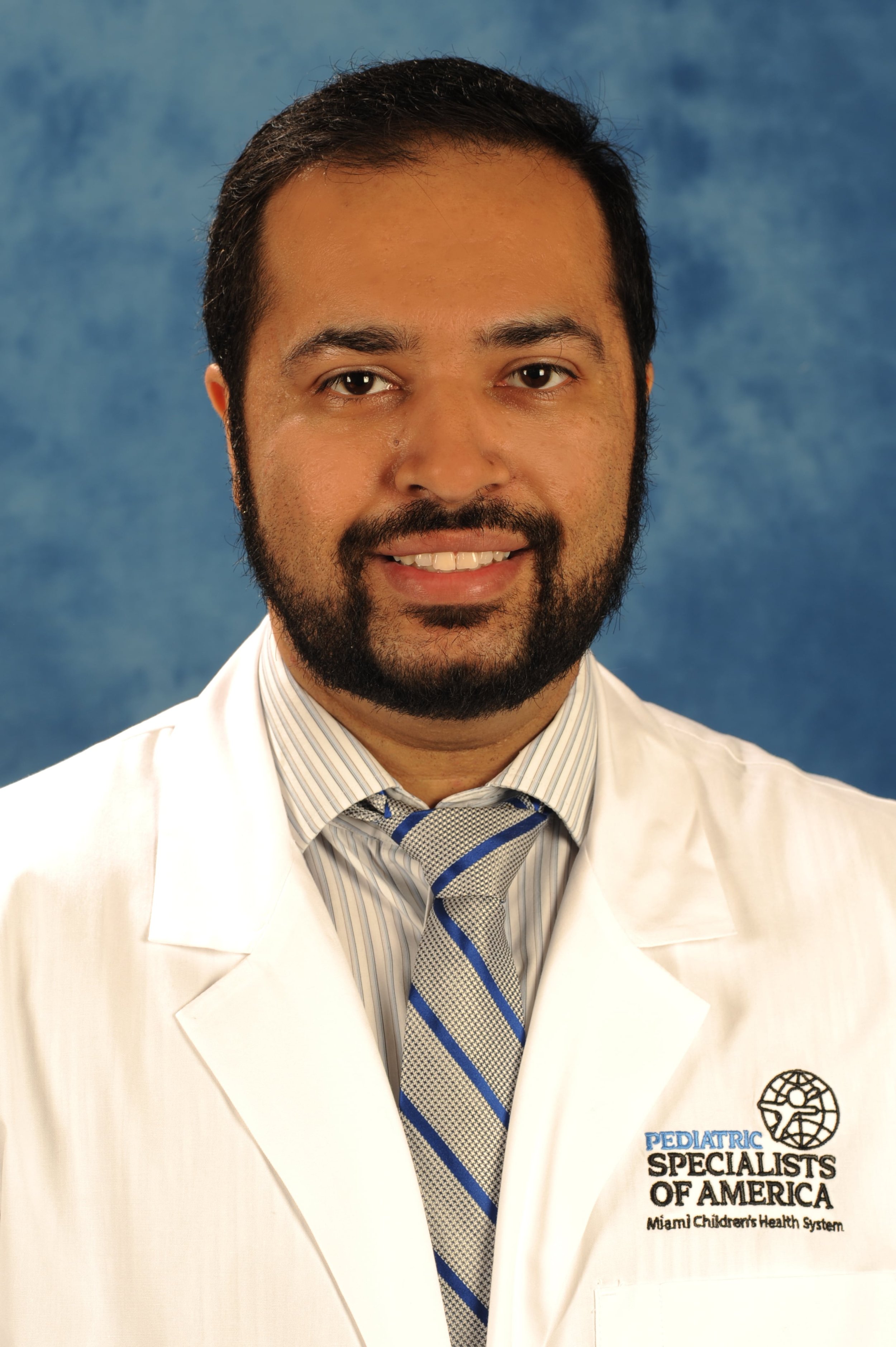Research
Dr. Atwal’s Research
Dr. Atwal is a physician-scientist trained in general medicine and board-certified in clinical & biochemical genetics. He pursues a long-standing interest in the diagnosis and management of undiagnosed genetic disease by studying patients with rare diseases. By focusing on unique and orphan diseases, he conducts translational, (from patient to laboratory to patient) research with the goal of discovering new genetic syndromes and designing new therapies for genetic disease.
Dr. Atwal has presented platform presentations at numerous regional, national and international conferences. He has chaired educational sessions at national meetings and has sat on panel discussions on interesting topics. He has been invited to speak internationally at plenary conferences in North America and Europe. In addition, he has participated in over 50 scientific exhibits and presentations at national and international societies and meetings.
Dr. Atwal has demonstrated great accomplishments in research. His research areas of great interest include:
1) Mitochondrial disease, bioenergetics and energy defects as it relates to human disease phenotypes
2) Genetic defects in human disease and the characterization of novel disease genes, in particular utilizing a multi-omic approach using exome/genome sequencing, RNA sequencing and metabolomic profiling
3) Metabolomic profiling for the diagnosis and screening of inborn errors of metabolism
He has received numerous awards in recognition of his research including The North American Metabolic Academy Academic Scholarship award, The Western Society of Pediatric Research Mead Johnson Travel award, The Neurobiology of Disease in Children Young Investigator award and The Wellcome Trust Mitochondrial Travel Scholarship.
Significant Works
New connective tissue syndrome due to novel mutation in FLNA gene – This paper described a novel genetic connective tissue condition caused by mutations in the FLNA gene. This condition had not been previously reported in the medical literature and thus was described as a new syndrome.
Aromatic L-amino acid decarboxylase deficiency diagnosed by clinical metabolomic profiling of plasma – This research described a novel clinical method to detect rare metabolic diseases and inborn errors of metabolism. The paper discussed the limitations of current gold standard testing, which is targeted and specific and highlighted the strength of an untargeted metabolomics approach when tackling diagnosis of rare disease.
Clinical Whole Exome Sequencing: Are We There Yet? – This clinical study documented the results and experiences of the major US clinical genetics institutions regarding the newly available test of clinical whole exome sequencing in 2014. The study showed the experiences, outcomes, and limitations the clinical institutions were observing at the early stage of clinical availability of exome sequencing.
Bibliography
B
Peer-reviewed Articles
